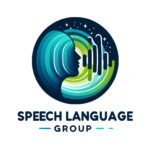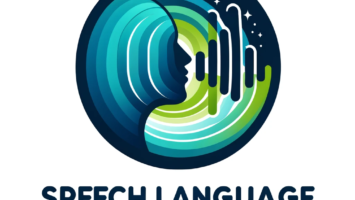Soutenance de thèse – Yannis Labrak – 15/09/2025
Titre: Les Modèles de Langage au Carrefour du Texte et de la Parole pour les Applications de Santé La soutenance est publique et se tiendra le lundi 15 septembre 2025 à 14h00, à l’Université d’Avignon – Amphithéâtre Blaise (CERI, 339 Chem. des Meinajaries, 84000 Avignon). Elle se déroulera en anglais. Une participation à distance est également possible en utilisant le lien ZOOM suivant:https://us05web.zoom.us/j/86181938873?pwd=zPYei9eeLAIIG6eFT0hL96K6ameR3H.1 (passcode is « 1212121212 ») Jury: Co-directeurs de thèse: Mickael Rouvier, Maître de conférences HDR, LIA – Université d’AvignonRichard Dufour, Professeur, LS2N – Université de Nantes Membres du Jury: Asma Ben Abacha, Chercheuse senior – Microsoft Health AIElena V. Epure, Chercheuse senior – Deezer ResearchLaurent Besacier, Chercheur principal – Naver Labs EuropePierre Zweigenbaum, Directeur de recherche – LISN, CNRSPhilippe Langlais, Professeur – DIRO, Université de Montréal Membre invité: Julien Nave, Directeur R&D – Zenidoc Résumé: Le domaine médical présente des défis uniques en matière de traitement du langage à travers sa terminologie spécialisée, ses réglementations strictes sur les données et ses besoins critiques en information. Avec la démocratisation des modèles de langage pour assister les professionnels de santé dans leur quotidien, leur adaptation aux domaines d’application est devenue nécessaire pour faciliter leur accessibilité à un public plus large, à différentes langues et Plus d'infos





